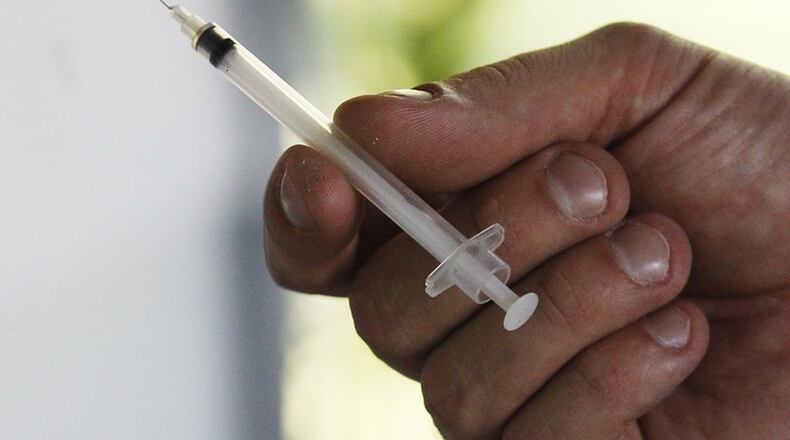The city would serve as a fiscal agent on behalf of the Mental Health Recovery Board of Clark, Greene and Madison Counties for the grant that is being administered by the U.S. Bureau of Justice Assistance.
If awarded, the plan is for that money to go primarily to programming centered towards Clark County Jail inmates who suffer from substance abuse disorders. That work is being administered by McKinley Hall, which provides addiction treatment services in Clark County.
A portion of the money would also go towards the efforts of Pinnacle Treatment Centers, which has a presence in Springfield, that would aim to strengthen safety nets and substance abuse recovery support for those post incarceration.
The grant proposal was submitted in the end of June and if awarded, money would be allocated to those local substance abuse recovery programs in the fall.
The ordinance passed this week allowed for the confirmation and approval of the proposal on the city level.
The grant would also provide funding support for advocates to guide persons with substance abuse disorders through the recovery process.
“We have underserved populations and marginalized groups that are involved in the criminal justice system and in the (Clark County) jail specifically. Then those those individuals who leave the jail are also at high risk, if they are substance involved, for overdose or death,” said Greta Mayer, the CEO of the Mental Health Recovery Board of Clark, Greene and Madison Counties.
Clark County is still dealing with the impacts of the opioid epidemic and preliminary data earlier this year showed that accidental overdose deaths are on the rise again in the county as there were 70 such deaths in 2021, a 32% increase over 2020.
Accidental drug overdose deaths were much higher back in 2017, with 104 in Clark County, according to the coroner’s office. The number dropped to 65 in 2018 and bottomed out at 52 in 2019. After virtually no change in 2020 (53 deaths), the number jumped again to 70 last year.
“We are still in the middle of an opioid epidemic. The rates of overdose are still high. The families and loved ones who have lost individuals or have loved ones in the active throes of addiction are severely impacted,” Mayer said, noting that the coronavirus pandemic made things worse.
She said that the grant funding, if awarded, will allow for the building upon of services that are already in the community and expand them to wrap around high risk and high need populations.
That could include recovery housing, peer support that is culturally responsive, expanding access points to medication assisted treatment and introduce new forms of treatment as well.
About the Author

